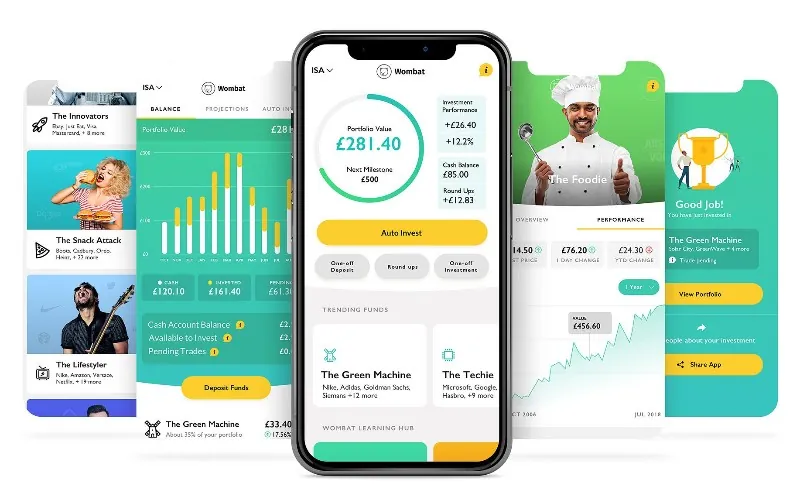As a teenager growing up in Australia, Kane Harrison took a job in a local supermarket.
Nothing out of the ordinary, you may think. However the young Kane did not aspire to own the latest trainers or videogames, but something more mature.
“I’ve been an investor since I was 15 years old,” he tells BusinessCloud. “I worked in a supermarket, saving up money to buy shares – as you do!”
Harrison Jr caught the bug from his father and it has never left him. However, after working as a risk analyst for a period then backpacking around North America and Europe in his mid-20s, his first business would be of an altogether different nature.
Stacked
“I set up a food business in London with my sister, who’s a bit of a foodie,” he says. “We started in markets selling poffertjes – sort of a traditional Dutch pancake made with yeast and buckwheat flour. On the first day, we only sold four portions to two people. We made £16, which didn’t even cover our rent!
“We just iterated and kept going. I ran that business for three years, scaled it up to five locations and 30-something staff… then moved back into my passion, which is tech and finance.”
While Stacked is still going today, Harrison’s focus is now Wombat, which he founded with COO Mike Newman in 2017 after they got chatting while the latter was out walking his dog.
“Fractional shares were taking off in the US and I was like ‘oh my god, that’s exactly what I wanted as a kid!’” explains Harrison. “The majority of people want it too because it means you’ve got lower barriers to entry [into the investment market].
“Mike has great compliance and regulatory expertise. He’s worked in investment banking for the last 30 years.”
Wombat
A fractional share is a holding of less than one whole share of a company. They allow you to invest in stocks based on a dollar amount.
“There are 6,000 shares [for different companies] out there on stock exchanges,” says Harrison. “It’s too many for a new investor to take in. [Identifying the best investment for you] is like finding a needle in a haystack.
“So we use themes, which is a basket of stocks based on people’s interests and beliefs. It could be tech, robotics, electric vehicles, AI, gaming, ESG, impact investing.”
Wombat launched with 15 themes and now has 28 on its platform, with more than 250,000 users. Harrison says collecting shares together in this way “creates really good habits”, especially during a bear market where share prices are collectively falling.
“That’s one of our core values – invest for the long term, invest regularly and diversify,” he explains.
“We’re very much a ‘buy and hold’ platform. We’re trying to educate people that you’ll get these cycles in the market: for every 10 years, there’s seven years of bull markets and then three years where it’s either going sideways or down. It’s just part of the cycle.
“Our users are typically in their 20s or 30s and accumulating, so they’re not generally trying to go in and out of the market. They might put away £50 or £100 every month.”
Users can invest in US, UK and EU shares, as well as themed ETFs (a type of pooled investment security) by the likes of Blackrock and Vanguard. They can now also buy a small number of curated individual shares in household name companies such as Amazon, Tesla or Barclays.

Education
Education is at the core of Wombat’s app, which featured on our FinTech 50 ranking in 2022. As well as accessing courses, users can learn about investment on the go. “We’re trying to create good habits when people invest. All of our content is written in-house and is short and sharp – it might explain what a share is for beginners, or dollar cost averaging to more advanced users,” says Harrison.
Wombat obtained its Financial Conduct Authority licence in early 2022 and is currently going through EU regulations. Employing 31 people with a HQ in Bank, London and a development hub in York, it has raised around £8 million to date including long-term backing from Fuel Ventures and crowdfunding success on Crowdcube. It expects to complete a £10-15m funding round in the next 12 months or so to fund a European launch.
The decision to name the business after a cuddly marsupial is about more than a nod to Harrison’s native Australia.
“We wanted a name that reflected our values – a business that grows your money slowly over time, is warm and nurturing, educational, friendly. We wanted a lifestyle brand as opposed to one based on money.”
FinTech 50 – UK’s most innovative financial technology creators for 2022


